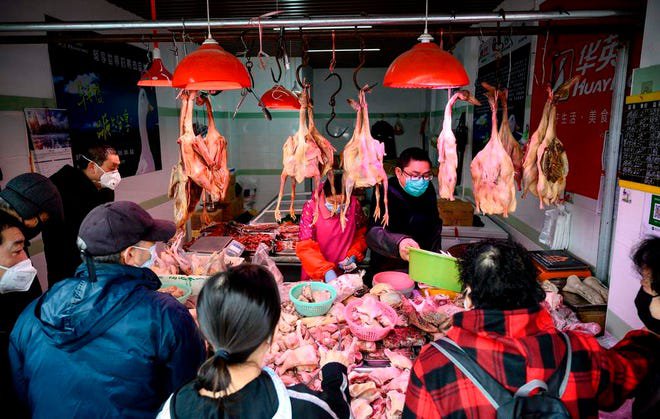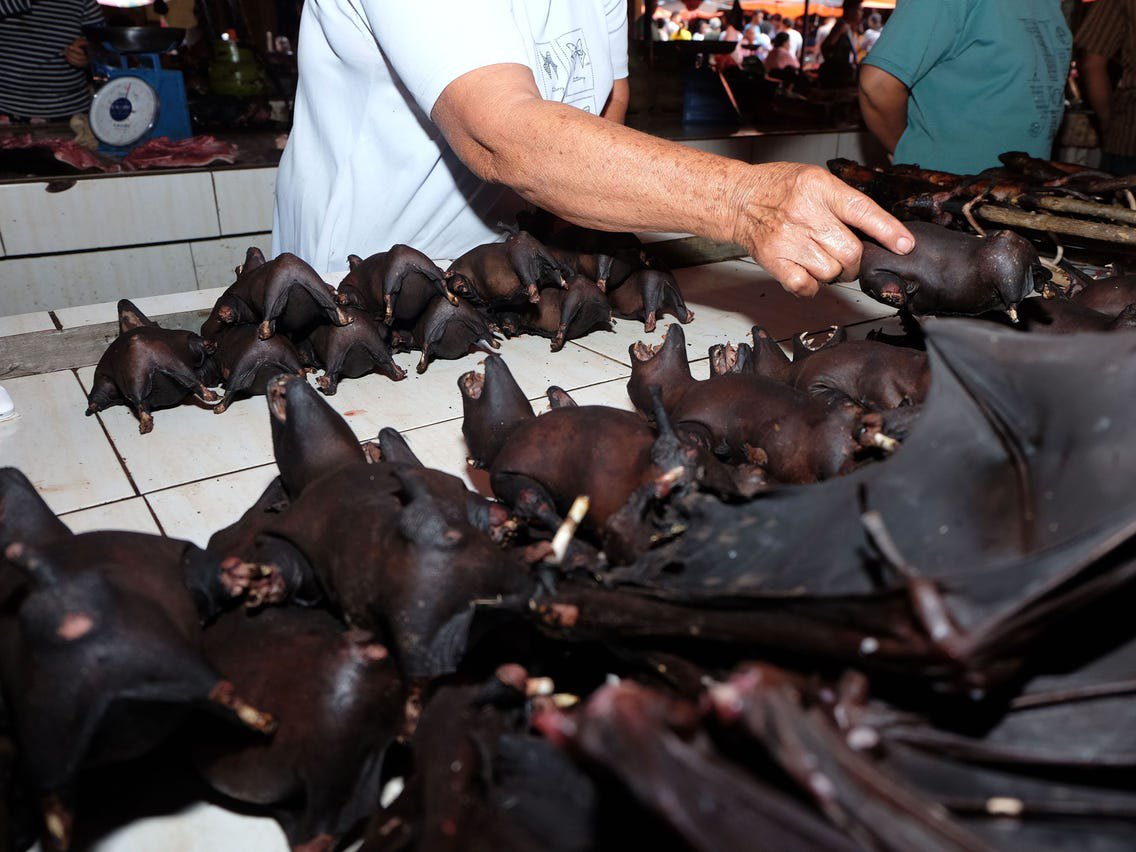It is widely thought that the coronavirus originated from animals sold in China’s wet markets, to be consumed as food. Early confirmed cases of Covid-19 in Wuhan had exposure to the Huanan seafood wholesale market. Considering the global catastrophe that coronavirus has become, these markets are being demonised left, right and centre.
Wet markets, for the uninitiated, are marketplaces where perishable items like meat, fish and produce are sold. They do not sell wild animals.
Asian wet markets, like the ones found in Singapore and Hong Kong, are open-air spaces where where fruits and vegetables are piled in crates, different meats hang from hooks, and seafood swim is kept in small tanks or or on ice.

Wildlife markets on the other hand, sell anything from wolf pups and salamanders to civets and bamboo rats. The Huanan market where corona is said to have originated is more of a wildlife than a wet market.
So to reiterate the difference, wildlife markets basically sell wild animals animals, while wet markets are more like grocery stores except they sells meat and other perishable produce, as opposed to durable products like packaged goods.

As the clamour grows to shut down wet markets, which people the world over are blaming for the spread of the virus, it is important to note the distinction between these marketplaces.

















